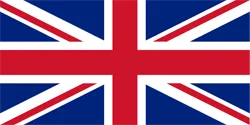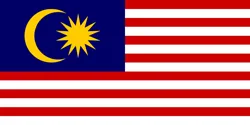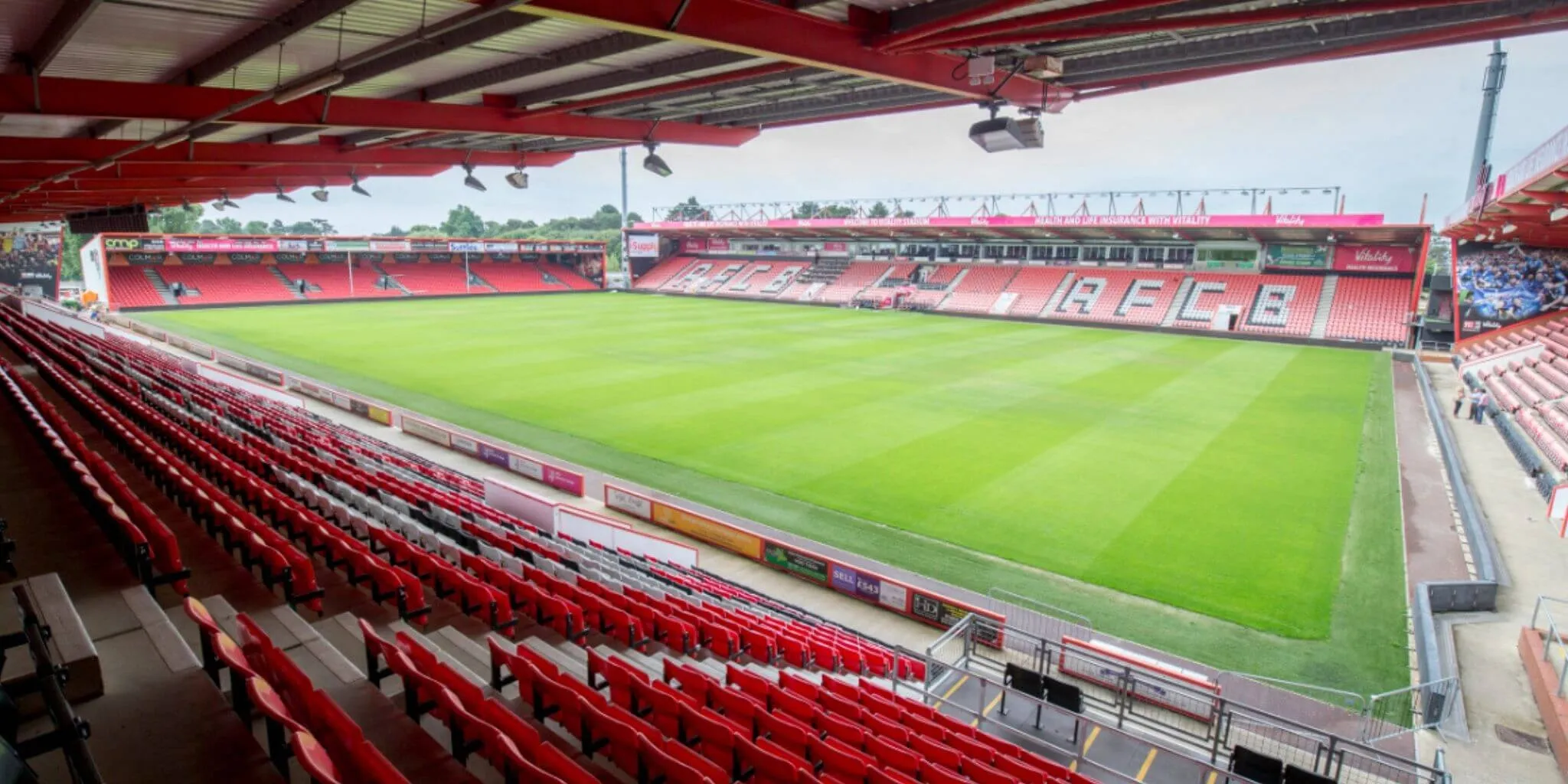Bournemouth scored a memorable win against holders Manchester United in the FA Cup in January 1984 when they were directed by Harry Redknapp. The club earned its second silverware, winning an Associate Members' Cup during its first season. They beat Hull City 2-1 at Boothferry Park on the 24th of May, 1984, in the championship.
Redknapp was the one to lead Bournemouth to the second division in the English league for the first time in their history. They were Third Division champions in 1987. After a comfortable win during their debut season in the Second Division, Bournemouth made an impressive attempt to be promoted to the top tier of the league during the 1988-89 season. they eventually fell out of the top flight following a disappointing run later in the season, however their final 12th was their best ever finish for the Football League until the 2013-14 season.
5 May 1990, which was the day that ended of the 1989-90 season Leeds United had the chance to take home the Second Division and gain promotion to the First Division by beating Bournemouth at Dean Court. A few United fans had made a mess in the town earlier in the morning, and the atmosphere was extremely tense, when Leeds took the game with a single goal. Together with the outcomes of other games it means that Leeds were promoted, while Bournemouth were dropped. The destruction and violence caused by fans visiting Bournemouth continued during the Christmas weekend, inflicting more than £1 millions worth of injuries and damage to the opposing crowd and police officers. According to the town's Daily Echo newspaper reported that "spectators who were there, including a lot of young youngsters, had to sprint away from danger as the missiles were hurled at them and riot police were swarmed into the fray to stop the crowds. The issue was brought up in parliament by the MP for town. Financially the Leeds troubles caused the club to be in financial trouble for more than a decade since Bournemouth were barred by the local police from playing matches at home on bank holidays (traditionally an important day for football) until the game against Shrewsbury Town on 21 April 2003.
Redknapp continued to work in the team for two seasons both of which ended in the club finishing three points off the play-offs. But, increasing financial pressures led Redknapp to quit his job towards the end of the 1991-92 season and he then returned to his the club he had previously played for West Ham United as a coach. His replacement was Tony Pulis, who built an unaffordable team which could only manage two straight 17th-place finishes prior to Pulis quit the club and blamed financial pressures.
Bournemouth experienced the opening seasons of this season with any permanent manager The team had a terrible start and was their lowest point on the table for a large portion of the beginning of season. Even though they had a slight improvement in their performance when Mel Machin was appointed as manager, they seemed likely to fail, considering the fact that they had five relegation places in Division Two during that time due to the league's reconstruction. But a run of form, accompanied by a collapse of relegation competitors Cambridge United and Plymouth Argyle made them a success on the final game of the year, by two points.
Machin eventually remained in charge for six years the majority of them marred by mediocre mid-table results. The 1998-99 season was to be the best of Machin's time in charge, with the club facing a significant playoff push for the majority of the year, but eventually failing to make it through and finishing seventh. But a fall to 16th during the 1999-2000 season, and a slow start to the season that followed was the reason for Machin dismissed from his post and appointed Director of Football.



 ENG
ENG MYS
MYS 简体中文
简体中文


























 Jefferson Lerma
Jefferson Lerma Levante
Levante Nathan Aké
Nathan Aké Philip Billing
Philip Billing Club Brugge
Club Brugge Lys Mousset
Lys Mousset